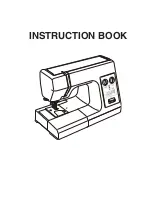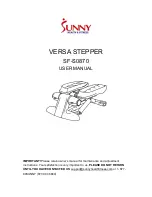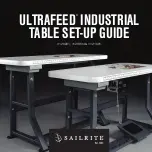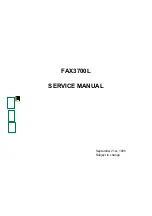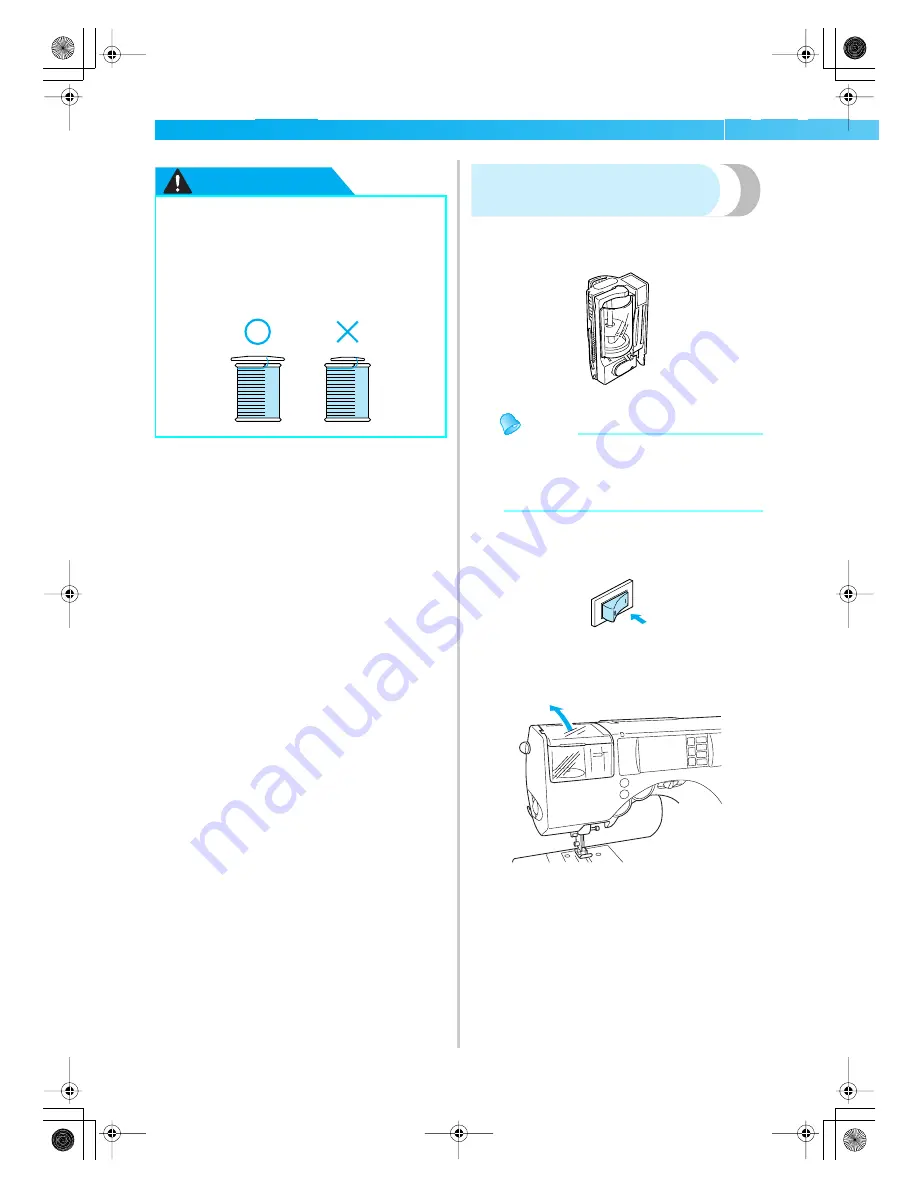
GETTING READY
— — — — — — — — — — — — — — — — — — — — — — — — — — — — — — — — — — — — — — — — — — — —
24
CAUTION
Loading the spool into the
thread cassette
Load the spool of thread into the thread cassette to
prepare the upper thread.
Memo
z
The order for threading the thread cassette is
indicated on the thread cassette. Also check
the markings on the thread cassette while
threading it.
a
Turn on the sewing machine.
b
Open the thread cassette compartment cover
at the top on the left side of the machine.
●
Two spool cap sizes are available,
allowing you to choose a spool cap that
best fits the size of spool being used. If
the spool cap is too small for the spool
being used, the thread may catch on the
slit in the spool or the needle may break.
SE-BrotherE_sgml.book Page 24 Monday, June 30, 2003 3:44 PM































